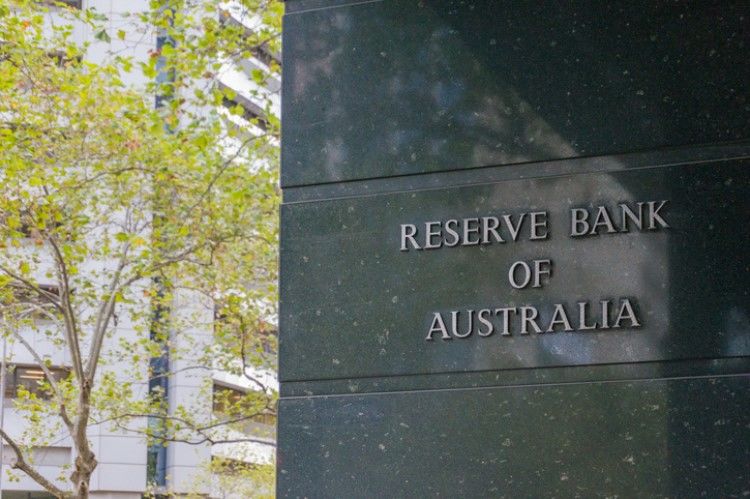
The Reserve Bank of Australia decided to leave the cash rate untouched this month after making three cuts over the year. However, some economists think the central bank still has room to go lower next year.
RBA Governor Philip Lowe said Australia's housing markets, particularly in Sydney and Melbourne, are already responding to the previous rate cuts as prices continue to recover.
"It has also boosted asset prices, which in time should lead to increased spending, including on residential construction. Lower mortgage rates are also boosting aggregate household disposable income, which in time will boost household spending," Lowe said.
Lowe is optimistic that the economy has already reached a "turning point" and is on track to hit 3% growth by 2021. However, some market watchers say the central bank needs to cut the rates further to meet its targets.
For instance, the central bank's targets of the lower unemployment rate and higher wage growth are still "years away", Callam Pickering, economist at Indeed, said in a series of tweets.
What constitutes 'full-employment' is open to debate. I'd suggest an unemployment rate of 4.5% (currently 5.3%) and underutilisation rate of 12% (currently 13.8%) would be in the ball-park. We are years away from achieving that and so further cuts appear all but certain.
— Callam Pickering (@CallamPickering) December 3, 2019
"A healthy and vibrant economy though needs a much broader base of growth. We need a strong household sector and greater investment from businesses. Much more needs to be done whether it be through further rate cuts, unconventional monetary policy or, in an ideal world, fiscal stimulus," he said.
The RBA is likely to cut the cash rate during its first meeting for next year, said CBA economist Belinda Allen.
"This would take the cash rate down to the confirmed effective lower bound," she said.
Allen said the official cash rate could be cut to 0.25% by the middle of next year.
In an analysis in Your Investment Property, market watcher Sarah Megginson said if rebounding prices do not translate to increased consumer confidence, further cuts would be necessary.
"The case for an interest rate cut in February will depend on housing, construction and economic data released over the next two months. If consumers are buoyed by recent interest rate cuts and this translates to big Christmas spending, it may form part of a fiscal stimulus that gets the economy moving," she said.
Collections: Mortgage News



Share